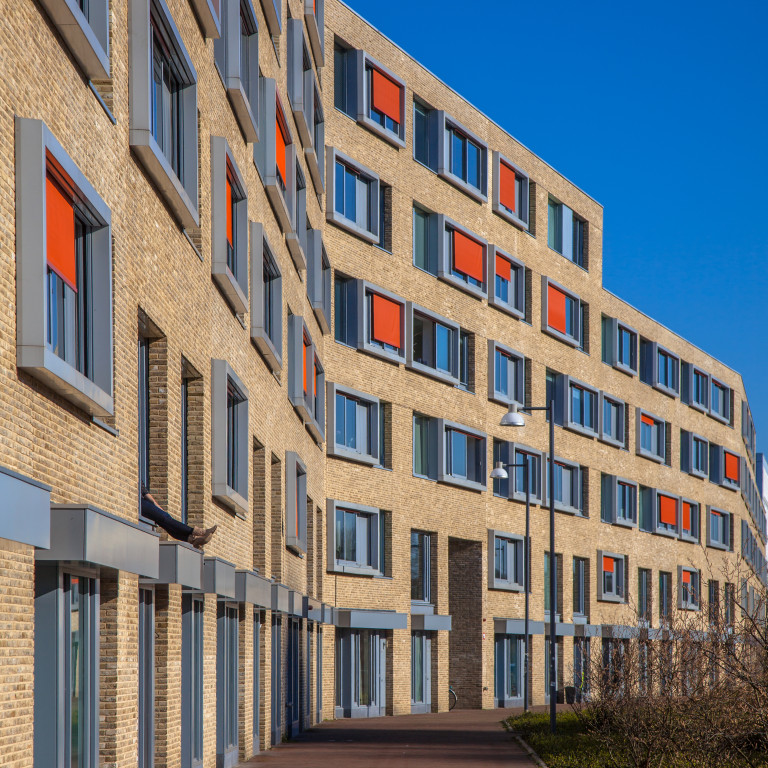The Residential Property Developer Tax (RPDT) is a new tax that will take effect on 1 April 2022.
What is the new Residential Property Developer Tax?
The proposed design of a new tax on the largest residential property developers set to raise at least £2 billion to help contribute to the cost of cladding remediation work was announced by the government. Ministers announced the new tax in February as part of a £5 billion package of remediation of unsafe cladding on high-rise residential buildings, alongside wider support. The government believes it is right that residential property developers, who will benefit from the restoration of confidence to the housing market, should help fund the significant costs associated with the removal of unsafe cladding.
Why will there be a new new Residential Property Developer Tax?
The difficulties facing leaseholders living in flats with unsafe cladding following the Grenfell tragedy is greatly concerning. Not only do the occupiers live with the fear that their properties are unsafe, but many are facing huge costs via their service charges to remediate the buildings. Clearly putting these properties into a safe state of repair must be a priority, but the extent of the buildings affected and the cost of the remediation works involved lead to questions about how those costs should be met.
Post COVID, the economic challenges facing the government cannot be underestimated. At a time when the housing market is booming and we are seeing unprecedented levels of conveyancing activity, it is not surprising that a new developer tax is being proposed. After the initial shut down of the first lockdown, the residential development market has quickly bounced back with the stamp duty holiday and the extension of the Help to Buy scheme.
In February, the government pledged to fully fund the cost of replacing unsafe cladding for all leaseholders in residential buildings over 18 metres in England. The new developer tax will help to pay for these interventions alongside a new levy, which will be applied when developers seek permission to develop certain high-rise buildings in England.
When will the new Residential Property Developer Tax come into effect?
The tax is due to apply from 2022 and is intended raise up to £2billion over a decade as part of a £5 billion package.
The government proposals for the new tax include that it would apply to developers’ profit from UK residential development, it would only apply to profits over £25 million and it would apply to conversion of existing buildings as well as new construction.
Housing Secretary Rt Hon Robert Jenrick MP said the industry must be held to account for the wrongs of the past. Some will agree that those who benefit from a strong residential development market should contribute. Developers will argue that these buildings were constructed in line with building regulations standards at the time, and they should not be held responsible. Whatever the outcome, there is growing pressure on the government to resolve this issue as quickly as possible to protect the many leaseholders whose properties are both unsafe and unsaleable while the debate continues.
Find out more
Our Affordable Housing team have over 25 years’ experience in this sector, forming close working relationships with their housing clients. To find out more about the areas they advise on and their bespoke services please visit their hub page or contact a member of the team.






